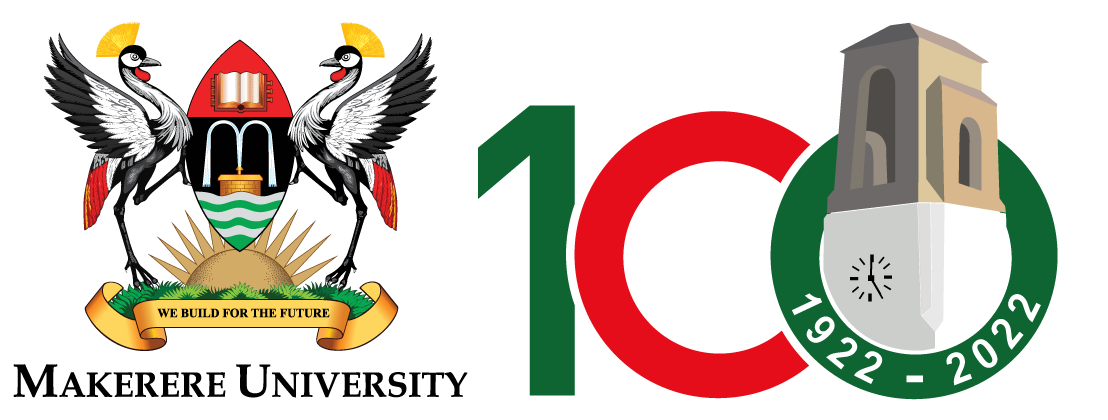The study seeks to quantify the procurement performance expectations gap (PPEG) in community roadworks projects using a proposed performance expectations gap index (PEGI), computed by combining data from actual and perceived performance by “Technical Staff” and “Road users” in selected District Local Governments (DLGS) using paired mean differences. This study borrows the concept of expectations gap from auditing and marketing fields in order to replicate it in public procurement management, by introducing a new methodological approach of quantifying and measuring performance expectations gap using a positivistic approach, as opposed to the earlier constructivist approach used in auditing literature. The new approach is tested using a comprehensive survey of 69 DLGs across the country. Study findings show the level of performance of roadworks attained by technical staff is only 65%, with 15.9% gap is attributed to performance efficiency, the 29.1% gap is attributed to performance effectiveness issues and 20% gap is the perceived performance unreasonableness gap in the stakeholder’s perspective, creating an overall performance gap of 35%, in the perspective of road users. The implications of these results ignite a meaningful debate on whether financing of road projects should be based on how narrow the performance gap should be for improved utilization of donor finances. This paper sets the new agenda of enriching the much-opinionated road user satisfaction surveys into the would-be quantitative and rigorous exercise of real measurement of the extent of the satisfaction levels through exploring the magnitude of the PPEG. We caution against treating PPEG as a simple uniform variable, but a multiplicity of variables which differs from region to region. The study results will help in streamlining the force accounting procurement policy mechanism to incorporate punitive measures and other controls in minimizing the PPEG.

